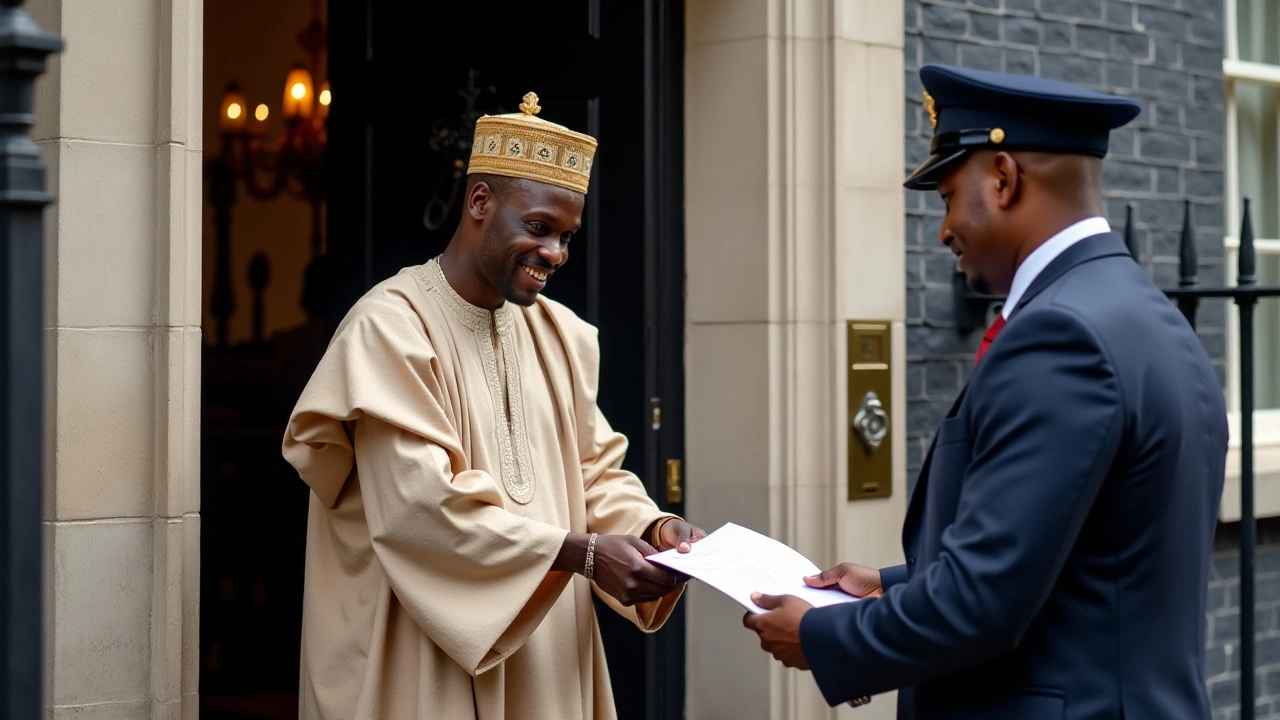Understanding Independence Petitions: A Simple Guide
Independence petitions are more than just signatures on paper. They represent a powerful tool people use to voice their desire for political or regional autonomy. Whether in South Africa or elsewhere, these petitions often spark important conversations about the identity, rights, and future of a community.
At its core, an independence petition tries to gather enough public support to show that a significant group wants a change—usually seeking self-rule or separation from a larger governing body. This isn't something that happens overnight. It takes clear goals, organized efforts, and a lot of public backing to get attention.
How Do Independence Petitions Work?
Typically, a group will draft a petition that explains what they want and why. Then, they ask citizens to sign it. These signatures act like a measure of how many people feel strongly about the issue. The petition might then be submitted to government officials, courts, or international bodies depending on the context.
However, signing a petition isn’t just a formality. It’s a statement that can put pressure on decision-makers to listen and address the concerns. It's a straightforward way for regular people to participate in democracy without needing any special power or position.
Why Should You Care About Independence Petitions?
Independence petitions often highlight unresolved issues in society, like minority rights, economic control, or cultural recognition. When you see such petitions, it’s a signal that parts of the population want more say in how they are governed.
In South Africa, where history and identity run deep, these petitions can bring up complex discussions on unity versus regional autonomy. They remind us all about the importance of dialogue and fair representation.
Whether you support or oppose a petition, understanding what’s behind it helps you stay informed and engaged with your community’s political landscape.
So when the topic comes up, you’ll know what’s really at stake and why it sparks such heated debate.

Sunday Igboho Advocates for Yoruba Nation's Independence at UK Prime Minister's Office
In a significant move for Yoruba Nation independence efforts, Sunday Igboho submitted a petition to UK Prime Minister Keir Starmer. Backed by key movement leaders including Professor Banji Akintoye, the petition was delivered at London's Downing Street, seeking UK government support for creating an independent Yoruba state. This event marks a pivotal moment in the movement's ongoing campaign for autonomy in Nigeria's South-West region.